"A vital element of the government's policy is seeing the future and the key to Hungary's strength and survival in a nation built on strong families. To this end, we are constantly fortifying what we mean by family-friendly country, including assuring families that the right-wing government views family benefits as an investment in the future and will always protect and stand by them even in difficult times," the Family Affairs Deputy State Secretary Attila Beneda, told Magyar Nemzet. The policy expert of the Ministry for Culture and Innovation stressed that the Hungarian family support system is comprised of more than thirty elements, complemented by a family-friendly approach, which the government is trying to implement in everyday life.
An unprecedented scheme
This family support system, which is unprecedented internationally, has been steadily built up since 2010. Furthermore, in 2019 the government announced the Family Protection Action Plan, whose most successful and most widely used element is the baby expectancy loan.
The baby expectancy program is unique compared to other types of help because it is a discretionary prenatal loan that turns into a grant once the intended child is born. It is a scheme that is based on the anticipation of children, unlike, for example, the family home loan, which also takes into account the existing number of children, as well as the planned future children,
the politician explained. Moreover, the maximum amount that can be borrowed within the baby expectancy loan has been increased to HUF 11 million (about EUR 28,000) this year. Couples can apply for the prenatal loan interest-free if they agree to have at least one baby or adopt a child within five years of the date of the loan. Once the first child arrives (or the fetus is 12 weeks old), installment repayments are suspended for three years. With the arrival of a second child, repayments are again suspended for three years, with the state assuming 30% of the debt. With the birth of a third child, the state assumes repayment of the remainder of the debt, i.e. the family's outstanding debt on the loan is waived.
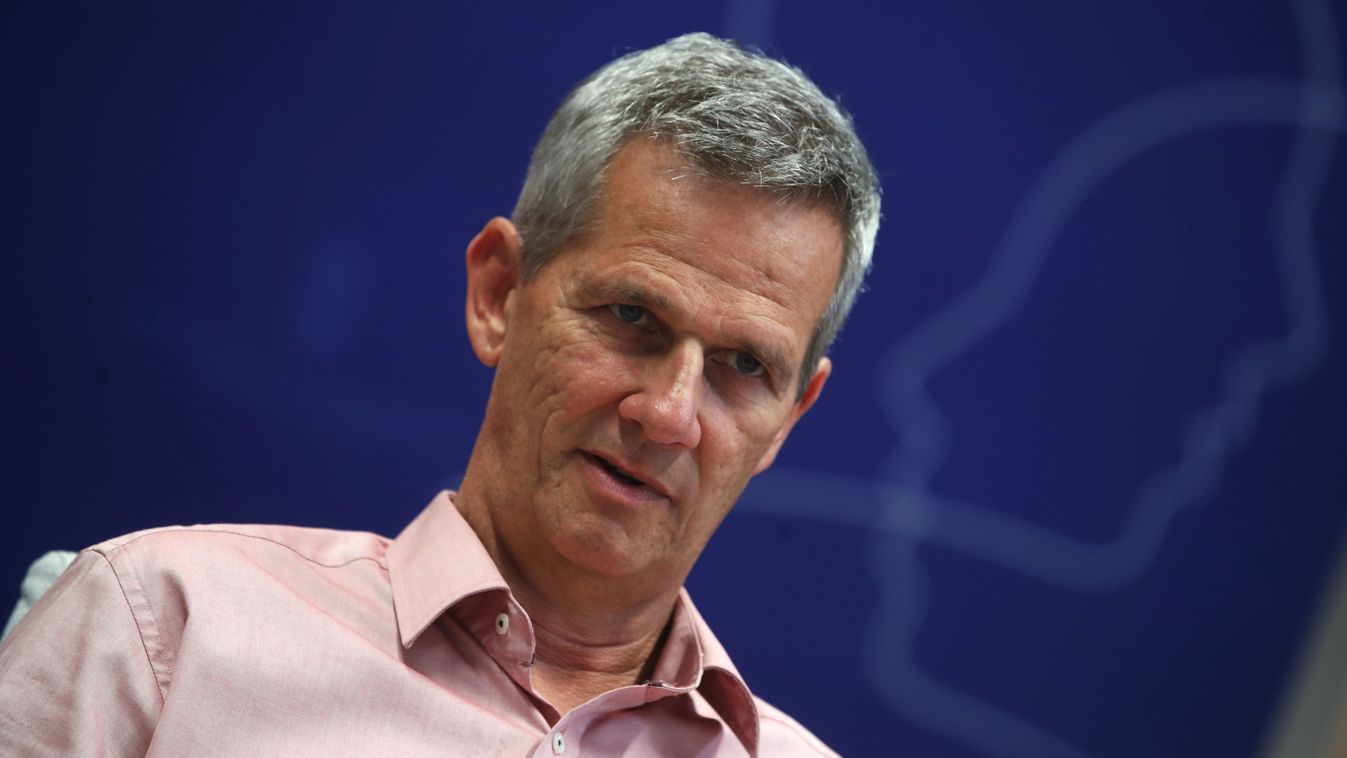










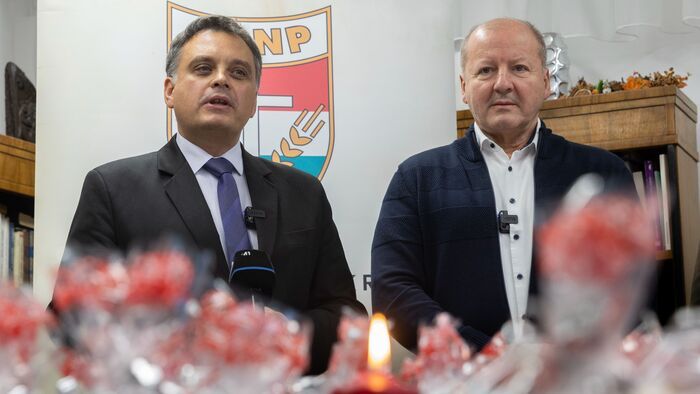
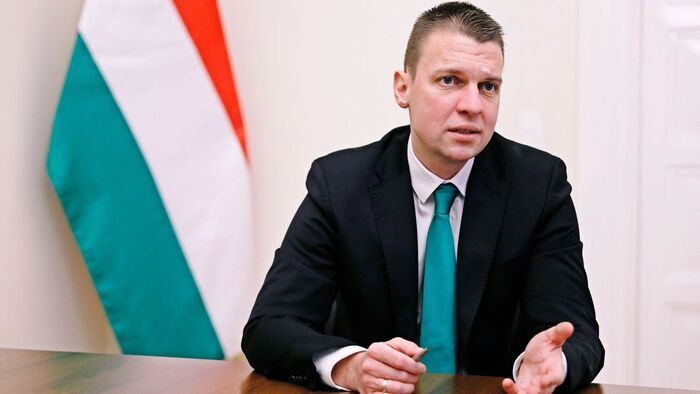


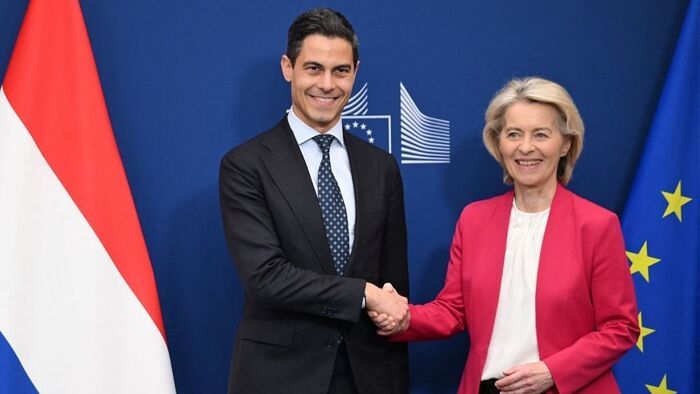
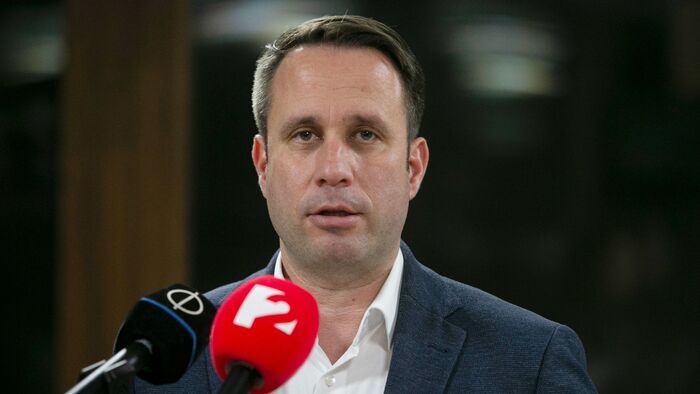






Szóljon hozzá!
Jelenleg csak a hozzászólások egy kis részét látja. Hozzászóláshoz és a további kommentek megtekintéséhez lépjen be, vagy regisztráljon!